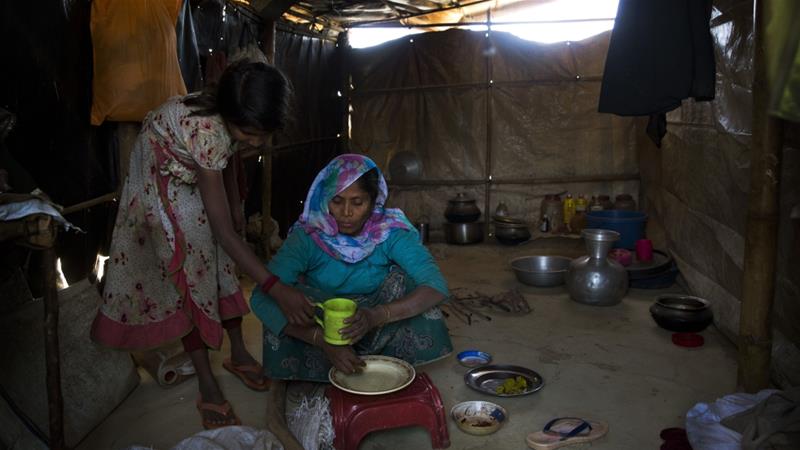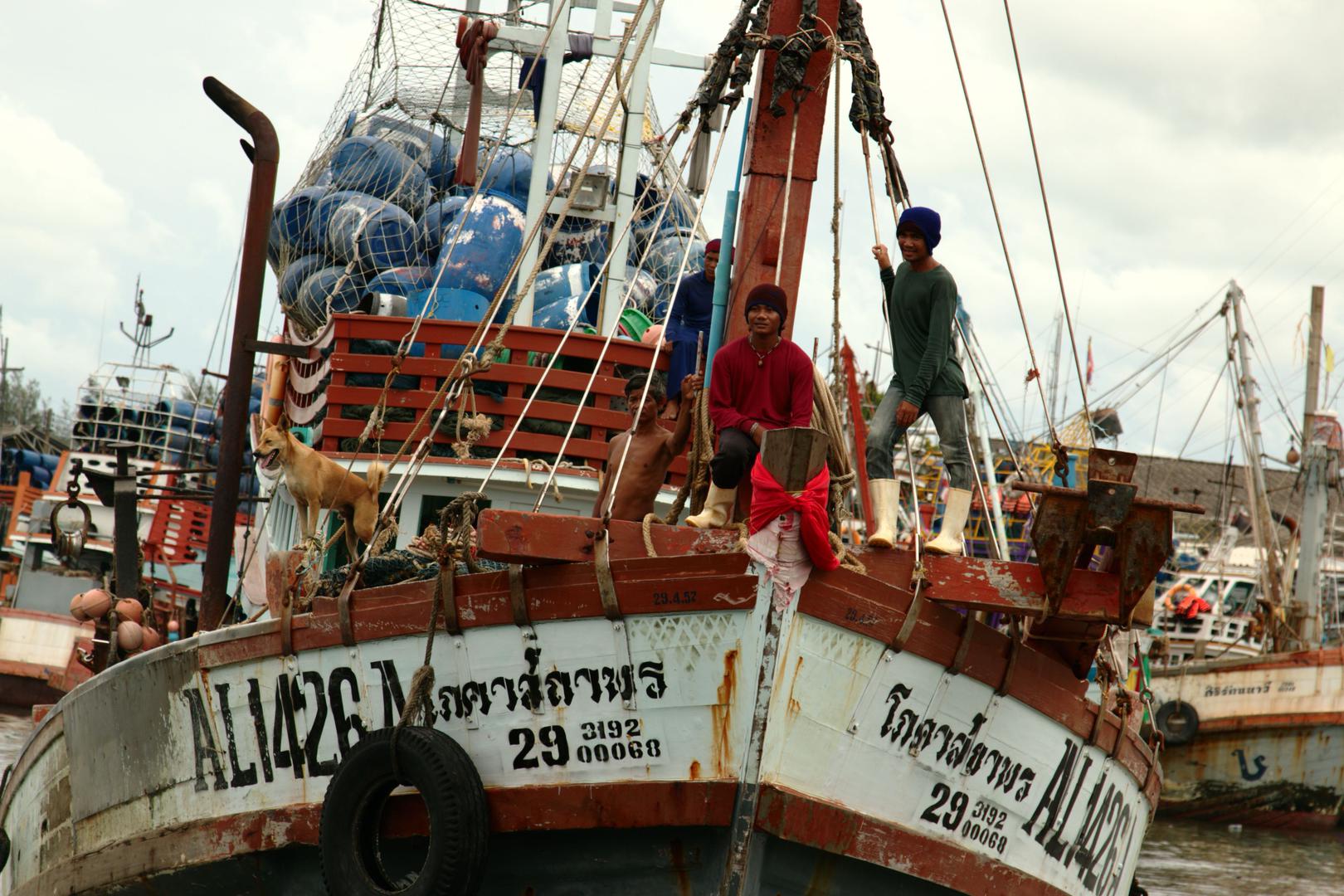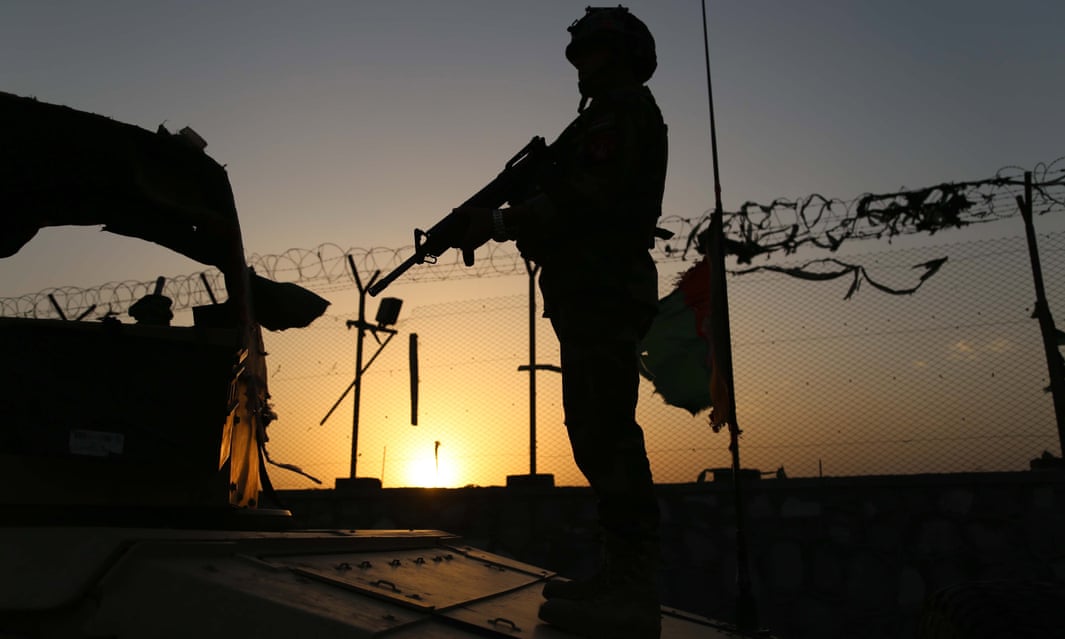By: Katherine Hewitt
Impunity Watch Reporter, Asia
ISLAMABAD, Pakistan – On January 19, the Interior Ministry of Pakistan released an order to close the Radio Mashaal office in Islamabad. The Inter-Service Intelligence revealed the news station broadcasted programs that are “against the interest of Pakistan,” that reflect a “hostile intelligence agency’s agenda”, and that portray “Pakistan as a hub for terrorism.” The report went on to say that Radio Mashaal accuses Pakistan of harboring terrorists and of being a failed state.

Radio Mashaal is the Pashto-language part of Radio Free Europe/Radio Liberty (RFE/RL). RFE/RL is funded by the U.S. Congress. It is made possible by the bipartisan federal Broadcasting Board of Governors agency that oversees all international broadcasting. Radio Mashaal was created to provide “an alternative to extremist propaganda in the tribal regions of Pakistan’s border.”
Amin Mudaqiq is the head of Radio Mashaal which broadcasts out of Prague. He denies that fact that Radio Mashaal is a part of foreign intelligence. He also stated that Pakistani intelligence had been questioning the integrity of the news produced for a while.
The president of RFE/RL said,” Radio Mashaal is an essential source of reliable, balanced information for our Pakistani audience.” The Coordinator of the Asia Program at the Committee to Protect Journalists, Steven Butler said of closure, “The order to close Radio Mashaal’s office in Islamabad is a draconian move by Pakistani authorities and a direct threat to press freedom in the country.”
For more information, please see:
Voice of America – Pakistan Orders Closure of US-funded RFE/RL Bureau in Islamabad – 19 January 2018
Reporters Without Borders – RSF decries Pakistan’s closure of Radio Mashaal bureau – 23 January 2018



